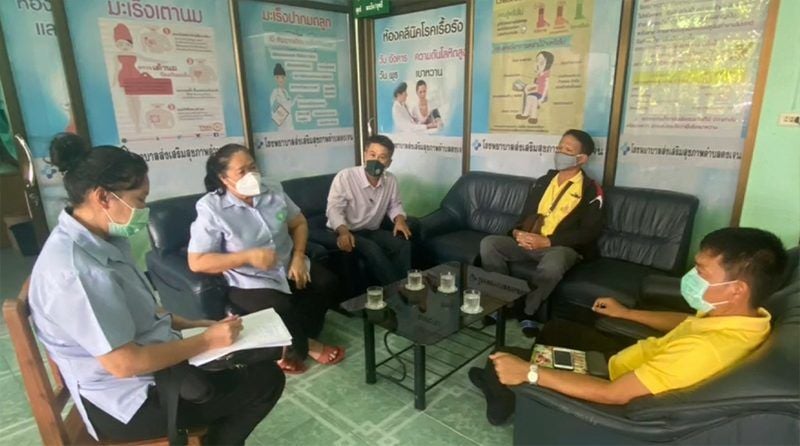Dozens get hospitalised after eating raw meat salad

Dozens of Northern Thailand villagers became sick after eating raw buffalo meat and were treated for food poisoning at local hospitals. All 79 people treated ate the raw buffalo meat.
The meat was sold in beef stalls at wet markets in Phayao Province next to Chiang Rai, Thai media reports. Some people bought the meat, possibly thinking it was beef, and ate it as a raw beef salad. Others ate the meat at a restaurant that had purchased it from the same markets. Those who ate the meat on Sunday night started vomiting and having diarrhoea by early Monday morning.
With Thailand’s hot weather and raw meat sold in outdoor markets, there’s a higher chance of food poisoning, a public health official said, advising against the consumption of raw meat at any time.
SOURCE: Thai Residents
Latest Thailand News
Follow The Thaiger on Google News:
























